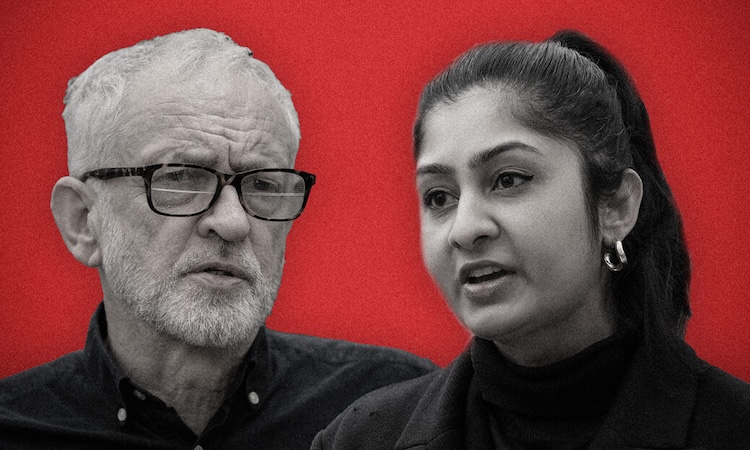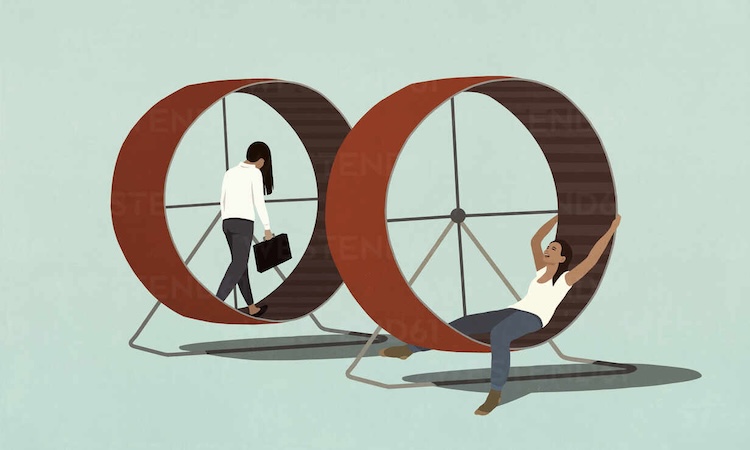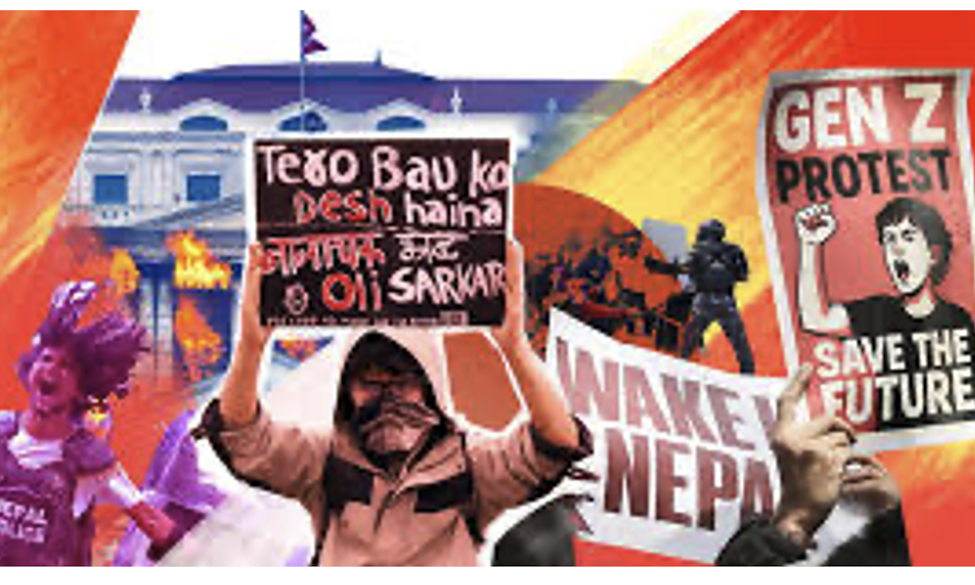The following tribute was delivered at Comrade Harpal Brar’s memorial meeting in central London on 22 March 2025.
*****
Everyone in this hall today has a life that was touched in some way by Harpal. Politically and personally. And often deeply and profoundly.
But as someone who knew Harpal for more than half a century, for all my adult life, plus a bit, as a friend and a comrade, I want to make a couple of points.
Marx famously said that “Men make their own history, but they do not make it as they please; they do not make it under circumstances chosen by themselves.”
And that was as true of Harpal as it is of anyone else.
Harpal’s political activity was forged in circumstances where to defend the fundamental principles of Marxism-Leninism against modern revisionism, Trotskyism and social democracy; to defend the monumental achievements of socialism in the USSR, particularly in the period of JV Stalin’s leadership; to consistently oppose imperialism and support in word and deed the national-liberation struggles in Asia, Africa and Latin America, as well as that of the Irish people; to support and defend socialist China, the achievements of the Chinese revolution and the teachings of Mao Zedong; and to support a socialist country like the DPRK; one of them, let alone all of them, could condemn you to working with a group of close comrades numbered in just about single figures for fairly protracted periods.
As Harpal liked to remark, with what might be described as bitter humour, it was his misfortune to live in a period where renegacy had become the fashion.
But whilst he rightly cherished and held dear his closest comrades, he was never satisfied with this situation. He was not, as we would sometimes joke about some other comrades, someone for whom Mao Zedong’s observation that “one divides into two” was a magic formula to be applied in every circumstance.
Rather, he would often refer wistfully to the period when, in his words, the whole socialist camp and international communist movement “sang from the same hymn sheet”.
But neither was he content to leave matters at the level of sentiment and nostalgia.
Whatever means or opportunity he could identify to reach out, to unite advanced theory with the mass movement, he took.
So many of you here will have countless examples of your own to bear this out.
I just want to mention two that always stay in my mind as highlights of what building a proletarian movement and a proletarian culture in this country entails.
Both of them in Southall.
Forty years on from the miners’ great strike of 1984-5, who now remembers that there were miners in Kent, and with a communist leadership? Harpal brought them to Southall to be joined by hundreds of Indian workers in fraternal solidarity and mutual support.
Just as he brought [Irish republican leader] Gerry Adams (not at a time when the great and the good had to at least pretend to be his friends but at a time when his voice could not even be broadcast), together with Bhagat Singh’s comrade Shiv Verma and representatives of the Korean people, to address hundreds of Indian workers and others, affirming the unity of the struggles for national liberation and for socialism, and the unity of the working class independent of all nationality.
Some people have said that Harpal could be fierce in polemic. Everyone can form their own judgement on that. But I think it important to note that, within the working-class movement, Harpal’s target was always the political line rather than the individual. It’s something that many others could learn from.
And for every sharp word, there were ten acts of generosity and kindness. When I mentioned to Harpal that the Nobel prize-winning economist Amartya Sen had published a book entitled, The Argumentative Indian, his response, needless to say, was: “I don’t agree with that at all.”
Harpal, like everyone in this hall today, and countless others across the five continents and the four seas, I’m really going to miss you. Who will I find to argue with now? At least not over such good wine and excellent curry, and with such good humour and great knowledge.
You touched the lives of so many people. I’m sure many more than you would have imagined. Your work will live on, as above all will the finest cause in the world, the one to which you devoted all your life and all your strength: the fight for the liberation of humanity.
Thank you for everything, Harpal.














